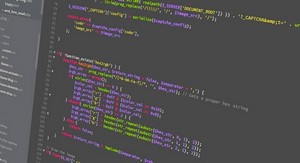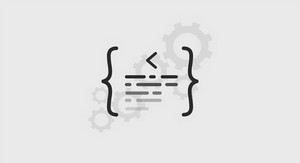C++ FUNCTION TEMPLATE
lApproaches for functions that implement identical tasks for different data types
Naïve Approach
Function Overloading
Function Template
lInstantiating a Function Templates
NAIVE APPROCH
create unique functions with unique names for each combination of data types difficult to keeping track of multiple function names lead to programming errors
EXAMPLE
void PrintInt( int n )
{
cout << « ***Debug » << endl;
cout << « Value is » << n << endl;
}
void PrintChar( char ch )
{
cout << « ***Debug » << endl;
cout << « Value is » << ch << endl;
}
void PrintFloat( float x )
{
…
}
void PrintDouble( double d )
{
…
}
Approach 2:Function Overloading (Review)
The use of the same name for different C++ functions, distinguished from each other by their parameter lists. Eliminates need to come up with many different names for identical tasks. Reduces the chance of unexpected results caused by using the wrong function name.
EXAMPLE
void Print( int n )
{
cout << « ***Debug » << endl;
cout << « Value is » << n << endl;
}
void Print( char ch )
{
cout << « ***Debug » << endl;
cout << « Value is » << ch << endl;
}
void Print( float x )
{
}
Approach 3: Function Template
A C++ language construct that allows the compiler to generate multiple versions of a function by allowing parameterized data types.
FunctionTemplate Template < TemplateParamList >
FunctionDefinition
TemplateParamDeclaration: placeholder
class typeIdentifier
typename variableIdentifier


